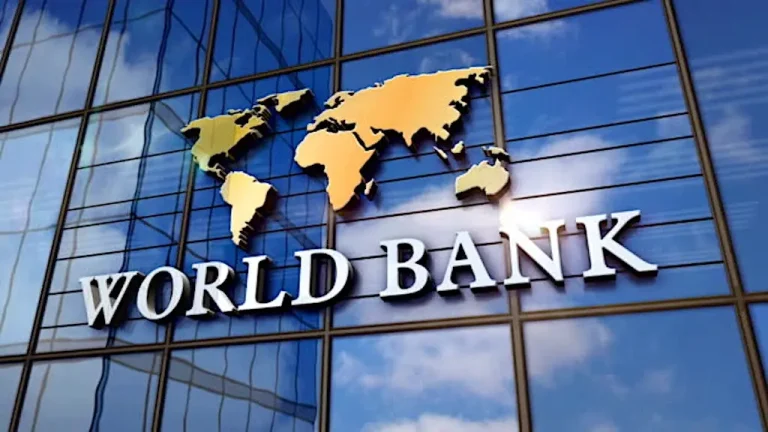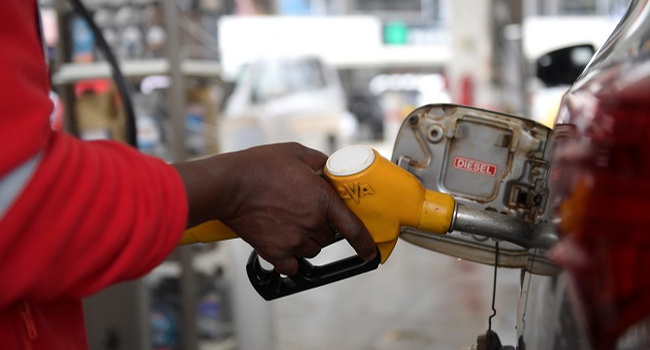
The Presidential Fertilizer Initiative (PFI) has entered a transformative new phase PFI 3.0 with a bold mission to guarantee year-round, uninterrupted fertilizer supply to Nigerian farmers in alignment with President Bola Tinubu’s food sovereignty agenda.
According to a statement by Tajudeen Ahmed, Executive Director (Portfolio) at the PFI, the new phase builds upon the initiative’s previous successes, aiming to fortify Nigeria’s agricultural sector by ensuring stable raw material supply, boosting local blending capacity, and accelerating domestic production.
“As of September 2025, more raw materials have been supplied or are en route than the entire supply for 2024,” the statement noted. “These inputs are backed by data and logistics arrangements that now position blenders to operate at full capacity.”
Fresh data from the Ministry of Finance Incorporated (MOFI) shows a significant increase in fertilizer input deliveries. From 2022 to 2025, a total of 48 vessels have brought in essential raw materials for blending. In 2025 alone, 10 vessels have already discharged cargoes, contributing over 560,000 metric tonnes to the national fertilizer stockpile.
This sustained inflow has laid the groundwork for production continuity, increased supply stability, and reduced dependency on global supply chain volatility.
Between 2021 and 2024, the initiative facilitated the local production of more than 4.5 million metric tonnes of finished fertilizer. Since its inception, the PFI has delivered an astonishing 128 million bags of fertilizer directly to farmers across the country.
“Our focus goes beyond supply volume,” said Armstrong Takang, Managing Director and CEO of MOFI. “We are building a resilient system that protects farmers from global price shocks and gives them confidence for long-term planning.”
According to the Fertilizer Producers and Suppliers Association of Nigeria (FEPSAN), the number of operational blending plants has surged to over 90 facilities nationwide, collectively offering a blending capacity of up to 13 million metric tonnes.
“This expansion is critical to bringing fertilizer closer to the farms and cutting down transportation costs,” said FEPSAN President Sadiq Kassim. “We’ve seen real gains in output and accessibility.”
While supply has improved, DAPPMAN acknowledged concerns from farmers over rising fertilizer prices in recent seasons. However, it clarified that these pressures stem from foreign exchange fluctuations and rising international input costs, not a shortage of local supply.
In a move expected to bolster governance, MOFI is set to assume full operational management of the PFI from the Nigeria Sovereign Investment Authority (NSIA) by November 2025. This transition was formally endorsed at the August 2025 Stakeholder Roundtable in Abuja.
PFI 3.0 will introduce key reforms aimed at:
- Ensuring nationwide year-round fertilizer availability
- Reducing costs through supply chain optimization
- Boosting transparency and traceability to combat hoarding and diversion
- Accelerating local sourcing of fertilizer components to reduce import dependency
“This next chapter will solidify Nigeria’s agro-industrial resilience,” MOFI added.
Launched as a flagship programme of the Federal Government, the PFI operates on a public–private partnership model aimed at delivering affordable, high-quality fertilizer to farmers while stimulating domestic production and industrial growth.
As Nigeria works to close the gap in food production and secure long-term agricultural sustainability, PFI 3.0 stands out as a critical engine for economic transformation and food security.


